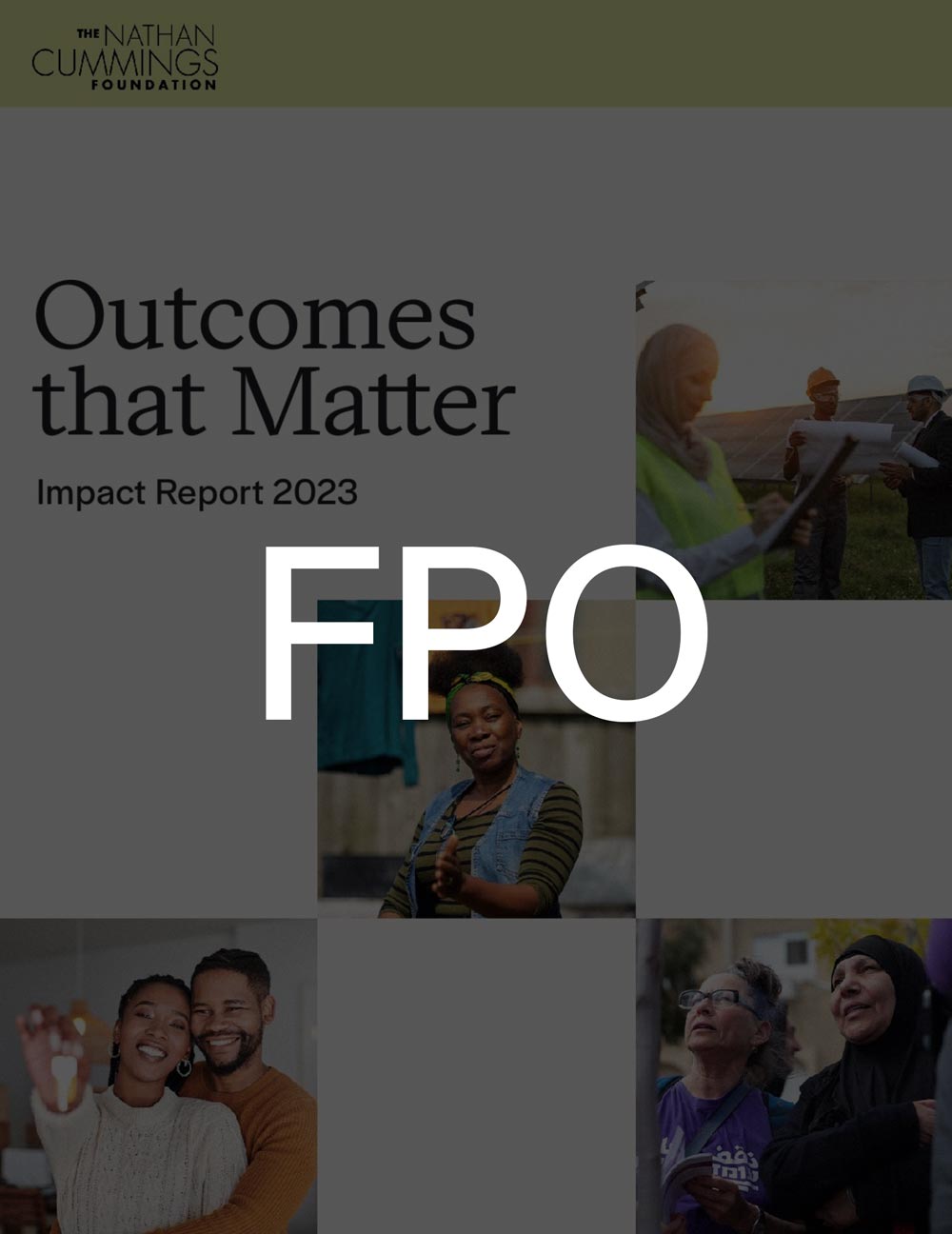Racial Justice
Our vision for racial justice is the removal of structural barriers and hierarchies based on race. It seeks to reimagine political, economic, and social systems in ways that allow all people to thrive, regardless of their racial identity.
Focus Areas
To advance racial justice, we support organizations that address the following focus areas:
- Civic Engagement: BIPOC and other marginalized communities face long-standing and concerted efforts to restrict and suppress their participation in the public sphere, especially in civic processes. We support efforts to ensure these communities have the access and capacity to participate freely in shaping the policies, practices, and institutions that impact their everyday lives.
- Racial Wealth Gap: As a product of centuries of policies and practices, extreme racial wealth inequality persists in the United States, especially among Black communities. We support efforts to repair this harm, build wealth, and address the root causes of the racial wealth gap.
- Racism + Oppression: White supremacy is at the root of our society’s most unequal systems, institutions, and policies. We support efforts to build the infrastructure and capacity necessary to create systems that are free from oppression and allow us all to thrive.
"Powerful partners in our racial justice portfolio will be working intentionally to undermine the infrastructure of racial injustice in our society."

